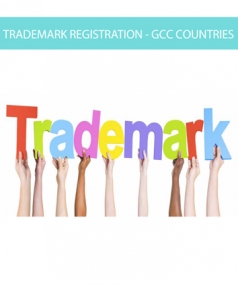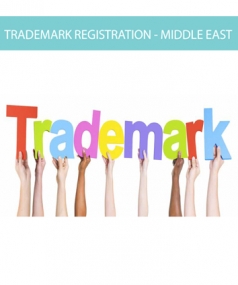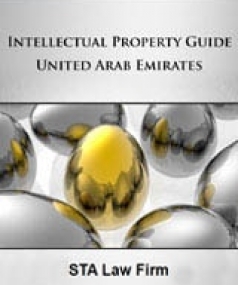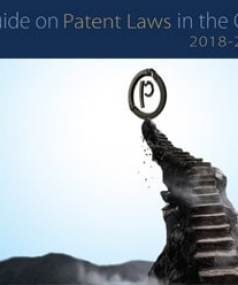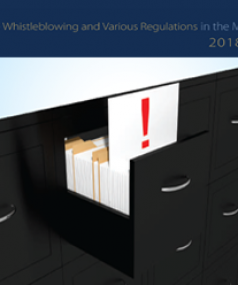Q&A on Consumer Protection and Product Liability in Bahrain and Oman
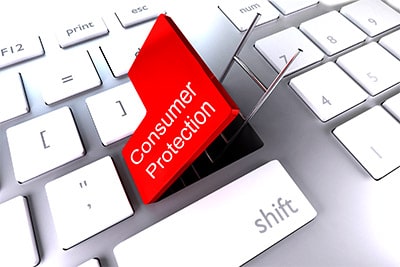 Sources of law
Sources of law
Q1. What are the principal legislation and regulation pertaining to product liability?
The main areas of law and regulation relating to product liability are:
I. Oman
Product liability is regulated by the:
- Consumer Protection Law (Royal Decree No 66 of 2014), which sets out liabilities for providers and advertisers.
- Commercial Agency Law (Royal Decree No 26 of 1977, as amended) under which registered agents must pass on the benefit of manufacturers' warranties to consumers
II. Bahrain
In Bahrain, product liability is regulated by the Civil Code, Consumer Protection Law No 35 of 2012 for protection of the consumer and Executive Regulations via Resolution Number 66 of 2014. The seller must provide the buyer with all the necessary information about the item being sold. The seller shall be liable to the consumer for selling the defective goods.
The National Committee for Consumer Protection (NCCP) provides for oversight over such instances.
Q2. How to establish liability under the most causes? When is a product said to be defective? Does strict liability apply in certain circumstances?
In almost all GCC nations, to establish liability, the consumer may file the case on the grounds of a tort, liability under the contract and breach of the relevant consumer protection legislation.
The following must be established to prove liability in tort:
- duty of care from the supplier / manufacturer towards the consumer.
- Breach of that duty of care due to manufacture, defective design, or warnings or instructions.
- Causation link between the defect in the product and the damage that customer faced.
 As per Oman Royal Decree 66 of 2014 defect is defined as any reduction in the value of a commodity/service for the purpose it was manufactured or produced and that prevents the consumer from benefiting from it or render the same unfit for the intended purpose in a manner that is beyond the control of the consumer.
As per Oman Royal Decree 66 of 2014 defect is defined as any reduction in the value of a commodity/service for the purpose it was manufactured or produced and that prevents the consumer from benefiting from it or render the same unfit for the intended purpose in a manner that is beyond the control of the consumer.
According to Bahrain’s Resolution Number 66 of 2014: Any mistake in designing, manufacturing, producing, or storing the commodity that would lead to harm to the consumer, or to depriving him completely or partially of their benefit, or a decrease in their value or benefit.
Product liability claims are based on strict liability claims, and hence manufacturers are liable irrespective of that fact they were negligent or not.
Q3. Who is shall be liable for a defective product? What duties do they have and towards whom?
The liability for defective products falls on both manufacturers and suppliers.
Under Oman Royal Decree 66/2014, Article 22 lays down that despite the legal guarantees/ agreements for the protection of the customer, the provider of goods and services shall guarantee the quality delivered to the customer as per the standards of health, safety and environmental conditions. Under Bahrain Executive Regulations, A written declaration issued by the supplier or his representative, that the product subject to the warranty is free from defects and conforms to the specifications approved by law, and his pledge to fix any defect or damage to it within a specified period
Excluding/limiting liability
Q4. How can supplier limit its liability for defective products and any statutory restrictions on a supplier doing this? Is there a mandatory warranty period for the products?
A supplier may limit its liability for defective products by inserting relevant warnings on products, for example, but this will not necessarily protect it. The relevant Consumer Protection Authorities and the courts of the GCC nations are rather pro-consumer when it comes to consumer complaints.
In Oman, the law is silent on this point, and the court shall determine such questions with regards to such question, but the courts generally resort to principles of law laid down in Oman’s Civil Code and Civil Transaction Law.
In Bahrain, Article 11 lays down that the supplier shall bear the costs of transporting the defective product, as well as the costs of sending technicians to replace or repair the defective part of it, and all costs of recovering the product. The Executive Regulations lays down that the provider shall be exempted from the liability if he is not the manufacturer of that product.
 Product Liability Litigation
Product Liability Litigation
Q5. Which courts are competent to try product liability cases?
In Oman, the Public Authority for Consumer Protection (PACP) is empowered to oversee and enforce the consumer protection law in Oman. The complaint is usually resolved either through amicable resolution between the consumer and the trader or in case the consumer does not accept PACP’s decision, then PACP refers the matter to the public prosecution for framing charges against the trader/dealer/manufacturer of goods and services. In Bahrain, Consumer Protection Directorate Services under the Ministry of Industry, Commerce and Tourism, receives and responds to the consumer complaints.
To know more about Consumer Protection and Product Liability in Bahrain and Oman Click here
 English
English
 عربي
عربي Русский
Русский 官话
官话 português
português
 Türk
Türk 

























